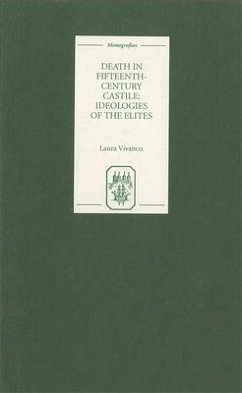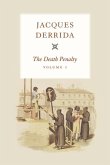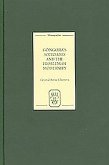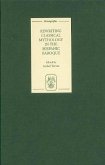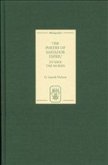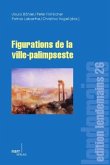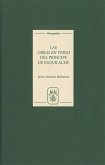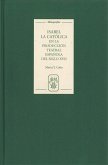The theory of the three estates made clear distinctions between the functions of the two estates which comprised the elite of medieval society: the oradores (ecclesiastics) and the defensores (warriors or nobility). They had different lifestyles, clothing and ways of thinking about life. With regard to death, the responses dictated by Christian theology conflicted with the demands of the defensor ideology, based on the defence of individual honour, the pursuit of fama and the display of earthly power. This book charts the progress of the dying from their preparations for death, through their 'good' or 'bad' deaths, to their burials and otherworldly fates and also analyses the responses of the bereaved. Through the use of pre-fifteenth-century texts it is possible to demonstrate that the conflict between the orador and defensor ideologies did not originate in the fifteenth century, but rather had a much older origin, and it is suggested that the conflict continued after 1500. Textual sources include the Siete partidas, wills, chronicles, religious works such as the Arte de bien morir and literary works such as Carcel de Amor and Celestina. La teorma de los tres estados diferencis claramente las funciones de los dos estados que formaban la ilite de la sociedad medieval: el estado de los oradores (eclesiasticos) y el de los defensores (caballeros). Las maneras de vivir, pensar y vestir de estos dos estados eran muy diferentes. En concreto, frente a la muerte, las reacciones dictadas por la teologma cristiana entraban en conflicto con la ideologma de los defensores, siempre prestos a defender su honor, a conseguir la fama y a mostrar su poder terrestre. Este libro examina el proceso delmoribundo desde la perspectiva de estas dos ideologmas, desde su preparacisn para la muerte, que podma ser considerada 'buena' o 'mala', hasta su entierro y su destino en el mas alla; asimismo, se analizan las reacciones de los contemporaneos que le sobrevivieron. Utilizando t
Hinweis: Dieser Artikel kann nur an eine deutsche Lieferadresse ausgeliefert werden.
Hinweis: Dieser Artikel kann nur an eine deutsche Lieferadresse ausgeliefert werden.

